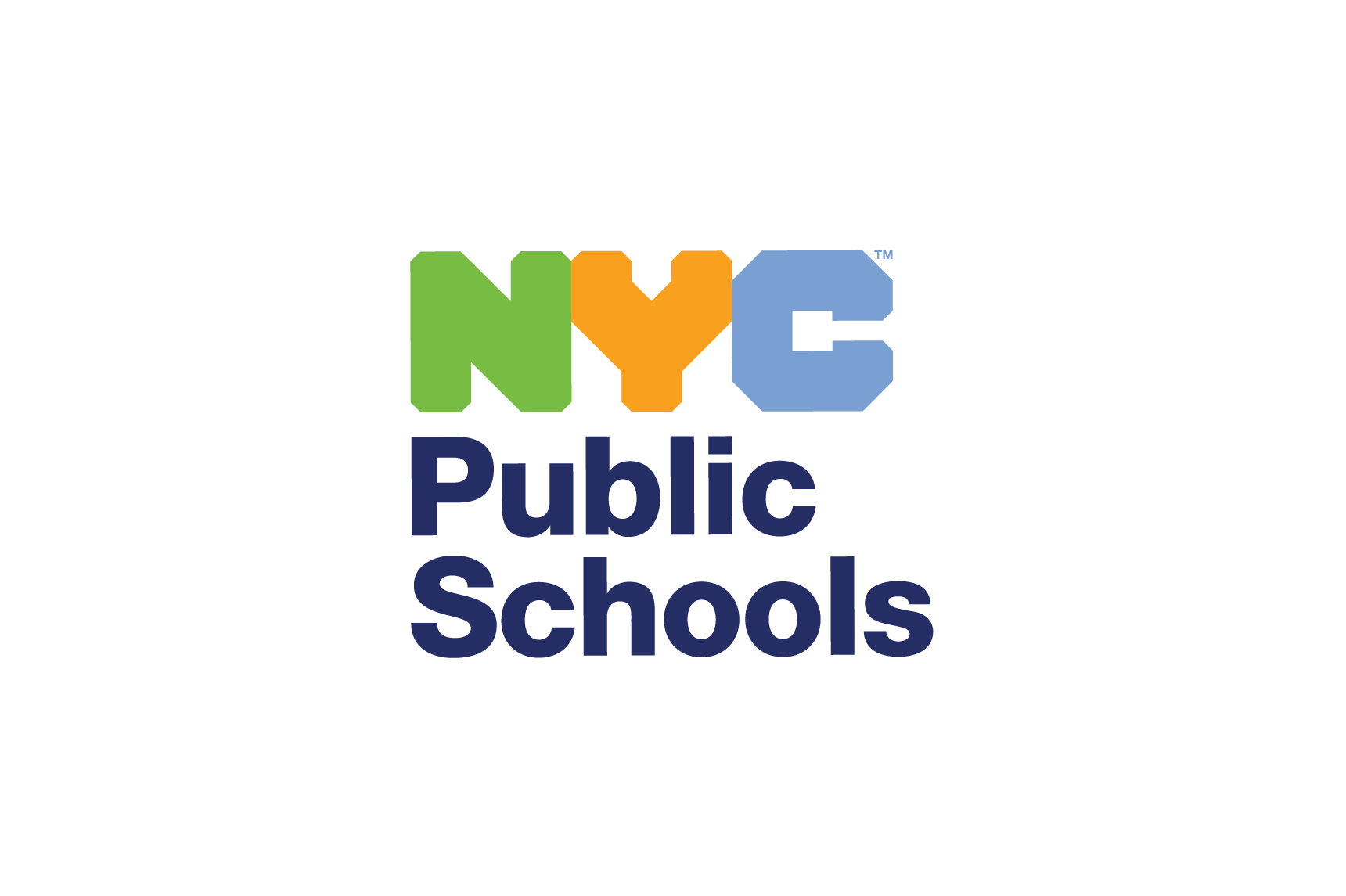Spoken Testimony of Chancellor David Banks Before the Committee on Education & Workforce
Good morning, Chairwoman Foxx, Ranking Member Scott, Chairman Bean, Ranking Member Bonamici, and distinguished members of the Committee and Subcommittee. Thank you for inviting me to address the horrific rise in antisemitism, the number one religious-based hate crime in America. I also want to thank Devorah Halberstam, Rabbi Joseph Potasnik, and Reverend Jacques DeGraff for joining me here. Today I will share how we are confronting this scourge in New York City Public Schools.
The New York City school system—our nation’s largest—is a community of over one million students and staff. We speak over 180 languages in our schools. Our diversity, however, means that our classrooms are not insulated from the global stage. Since October 7th, our students and staff—Jewish and Muslim, Israeli and Palestinian—have suffered immensely. I, too, have felt deep pain, reflecting on my own two trips to Israel with the Jewish Community Relations Council. Again and again, my mind has returned to my visit to Yad Vashem, a profoundly moving experience.
In the immediate aftermath of October 7th, New York City Mayor Eric Adams made powerful remarks condemning the terror attacks. I, too, sent messages to our community strongly condemning the heinous acts of Hamas. But words are not enough. There have been unacceptable incidents of antisemitism in our schools. When Jewish students or teachers feel unwelcome or unsafe, that should sound the alarm for us all.
I recognize the urgency of addressing this crisis from my seat, as an educator of 30-plus years and as the leader of the system nurturing the next generation of New Yorkers. It is not only my job to produce good readers and writers. Our schools must also build good people, people who demonstrate respect and appreciation for our shared humanity. When it comes to rooting out antisemitism, our public schools must be part of the answer. Let me tell you about our work to meet this moment, focused on safety, engagement, and education.
Number one: safety is a precondition for learning. I started my career as a school safety officer and my father was a proud, decades-long officer of the New York City Police Department. Keeping schools safe is in my DNA. When antisemitism rears its head, I believe we must respond—and we have. We have removed, disciplined, or are in the process of disciplining at least a dozen staff and school leaders, including removing a principal in the middle of the school year. We have suspended at least 30 students. We’ve involved the NYPD when hate crimes are committed. And we’ve retrained all 1,600 principals on our Discipline Code, to ensure it is enforced properly.
Secondly, we’ve engaged dozens of partners to help us design longer-term solutions. My instinct as a leader, in moments of crisis, is never to shy away from an issue, but rather to lean into it to understand it better. New York City is home to the largest Jewish community outside Israel and many of the nation’s foremost Jewish institutions, so we have strengthened our relationships with these partners, which include UJA Federation, JCRC, the Anti-Defamation League, the Simon Wiesenthal Center’s Museum of Tolerance, the Jewish Children’s Museum, Project Witness, and more. I also launched an interfaith advisory council, because we must model for our students how to build bridges, engage in genuine dialogue, and share each other’s pain in challenging times.
And finally, education. We cannot simply discipline our way out of this problem; the true antidote to ignorance and bias is to teach. My own children learned about antisemitism firsthand from our next-door neighbors—who were Holocaust survivors—in Teaneck, New Jersey. But as survivors pass on, and in light of current events, the need for education becomes even more pressing. Our students cannot grow up to view anyone as “the other.” So in addition to covering the Holocaust in the 8th, 10th, and 11th grades, we are creating a robust Holocaust educator guide with the Museum of Jewish Heritage, and we are building a brand-new curriculum highlighting the culture and contributions of the Jewish community, because the history of the Jewish people extends far beyond the Holocaust. We’ve also partnered with the Office for the Prevention of Hate Crimes on a new hate crimes curriculum; we’ve expanded our antisemitism resources and workshops; and we have trained every middle and high school principal on navigating difficult conversations.
At New York City Public Schools, we are focused on our charge: to fight hate and foster inclusion through safety, engagement, and education. We are working hard and we have a long way to go; there is always more work to be done. I hope we in New York City can be a candle in the darkness. Thank you.

